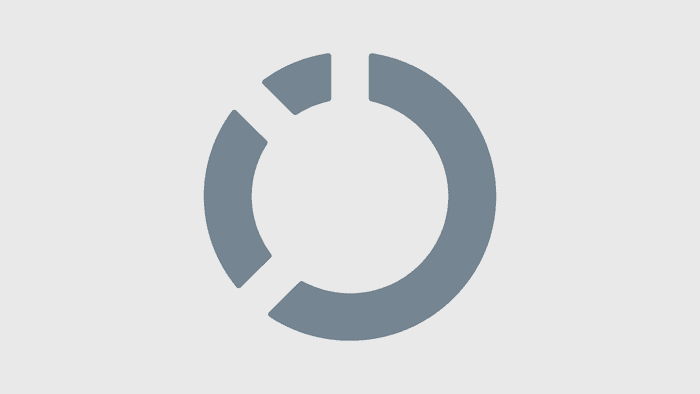Healthcare's move to ICD-10, an updated set of diagnosis and inpatient procedure codes, will affect everything from billing systems to medical records. After several delays, debate still rages on how to time the transition.


The U.S. transition from the International Classification of Diseases Revision 9 (ICD-9) to ICD-10 has been underway for years, with a couple of deadline extensions adding to the timeline. The most recent deadline delay is a bit of a reprieve for overworked ICD-10 transition teams, as long as organizations don't squander the extra time. Meanwhile, there are some organizations that are just opposed to ICD-10, period.
ICD-10 is complex and can't be explained in a nutshell. But the bottom line is that the transition from ICD-9 to ICD-10 diagnosis and inpatient procedure codes impacts nearly every system used by doctor practices and hospitals, from billing systems to medical records.
The first ICD-10 delay in the United States came in January 2009, when the Centers for Medicare and Medicaid Services (CMS) pushed the implementation date out two years, from the original compliance date of Oct. 1, 2011 to Oct. 1, 2013.
Most recently, on April 9, 2012, the U.S. Department of Health and Human Services (HHS) proposed extending by one year the deadline for ICD-10 compliance to Oct. 1, 2014 from Oct. 1, 2013.
When U.S. healthcare providers, payers, and other covered entities were told they had to comply by Oct. 1, 2013, many didn't expect they'd be ready in time, considering the many other regulation-related projects that they're also juggling. So, in February 2012, the Department of Health and Human Services (HHS) bowed to a chorus of opposition from health industry groups, including the American Medical Association, to push the Oct. 1, 2013 compliance deadline further out.
"A one year delay provides some breathing room, but a two-year delay would be a game changer," said Dr. Harry Greenspun, senior advisor for healthcare transformation and technology at Deloitte Center for Health Solutions. An extension longer than a year "penalizes people who are on track," he said.
Some suspected that CMS might abandon the move to ICD-10, or perhaps wait for the next revision--ICD-11--from the World Health Organization in 2015.
While industry watchers and insiders considered that slim possibility, that scenario seemed riddled with problems, too, even if laggards would've welcomed an indefinite pardon in tackling ICD-10.
For one thing, waiting for ICD-11 would eventually bring more work to healthcare organizations making the switch from ICD-9, since ICD-11 is expected to build on ICD-10. Also, a sudden about-face to skip ICD-10 and move to ICD-11 would be unfair and disruptive to organizations that have been diligent in transitioning to ICD-10.
About the Author(s)
You May Also Like







